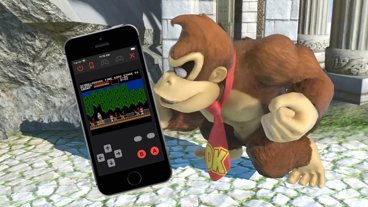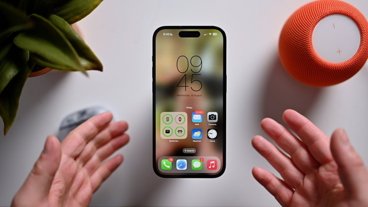Apple faces preliminary injunction to remove 'Secret' from App Store, users' devices
A Brazilian judge on Tuesday ordered Apple and Google to not only remove anonymous social networking app Secret from their app stores, but also remotely wipe the software from devices in the country.
Judge Paulo Cesar de Carvalho of the Fifth Civil Court of Victoria names Apple, Google and Microsoft in the order, calling for the removal and deletion of Secret and the Windows Phone analogue Cryptic within ten days, reports local publication Link. After the probationary period, all three companies face a fine of 20,000 Brazilian Real (about US$8,860) for each day the apps remain in service.
It is unclear at this time whether the injunction ruling applies to iOS devices sold within Brazil, or all portables including imports and those used by visitors.
Judge de Carvalho's decision is in response to a proposed action from public prosecutor Marcelo Zenkner, who called for a ban on the apps, saying Brazil's constitution (PDF link) prohibits anonymous freedom of expression. The meaning of the constitution's Article 5 is debated in Brazil, though some believe anonymity should not be allowed when it infringes on fundamental human rights, the publication says.
Applying this line of thinking to apps like Secret, the takedown is meant to protect against the threat of bullying, or more specifically anonymous cyber-bullying. Zenkner's original civil action, on which Judge de Carvalho based his decision, cites a case in which marketing consultant Bruno Machado found nude photos published to Secret with overlaid text saying he is HIV positive.
The ruling shines a light on Apple's so-called app "blacklist," which can remotely disable an installed app by revoking its certificate. An iPhone, for example, periodically calls Apple's servers to retrieve a list of verified app certificates, rendering those on the blacklist inoperable.
There has yet to be a documented case in which the mechanism was used, however, meaning the Brazil order would be the first if an appeal is unsuccessful or Apple decides to comply with the judge's orders. Apple has thus far opted to remove offending apps, like unsanctioned tethering software, from the App Store, but leaves certificates in place. This way, the App Store gets around reimbursing customers who may have purchased the app while maintaining a tight hold on the digital marketplace.
Apps like Secret have come under fire recently for promoting faceless personal attacks, prompting stricter posting policies.
 Mikey Campbell
Mikey Campbell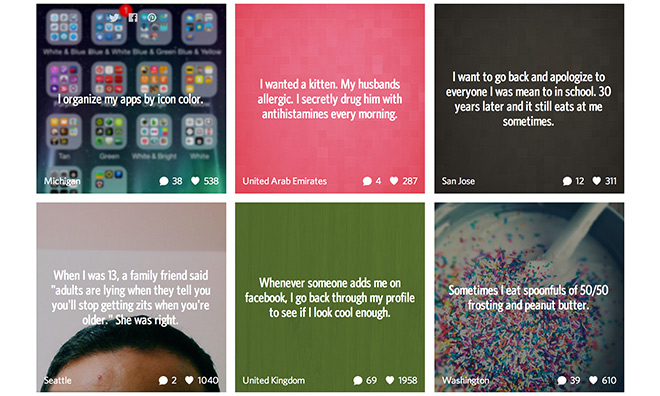


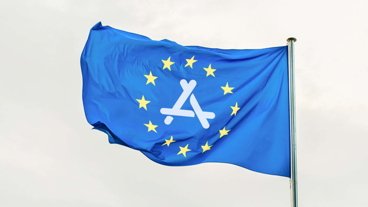

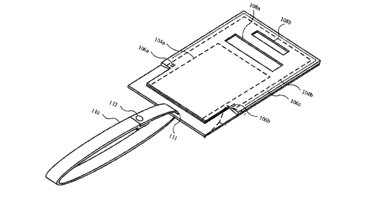





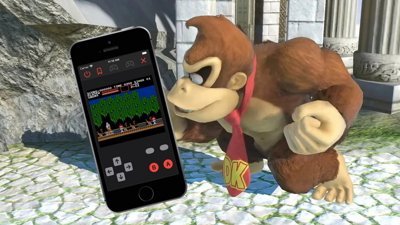
 Wesley Hilliard
Wesley Hilliard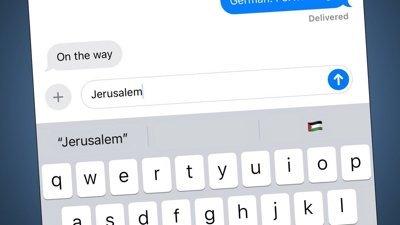
 Malcolm Owen
Malcolm Owen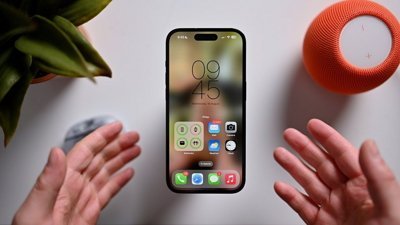
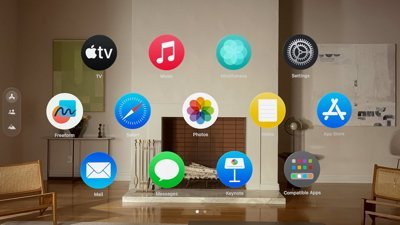
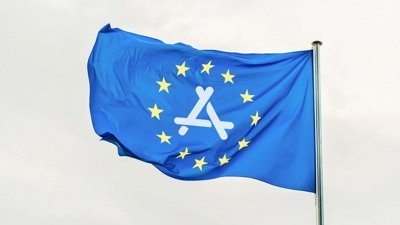
 William Gallagher
William Gallagher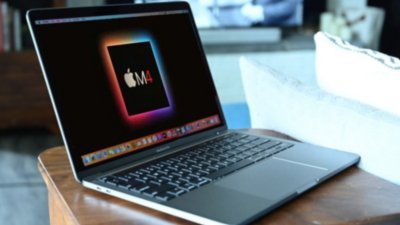

 Christine McKee
Christine McKee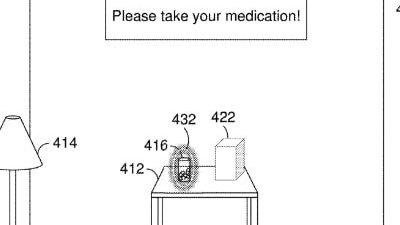
 David Schloss
David Schloss